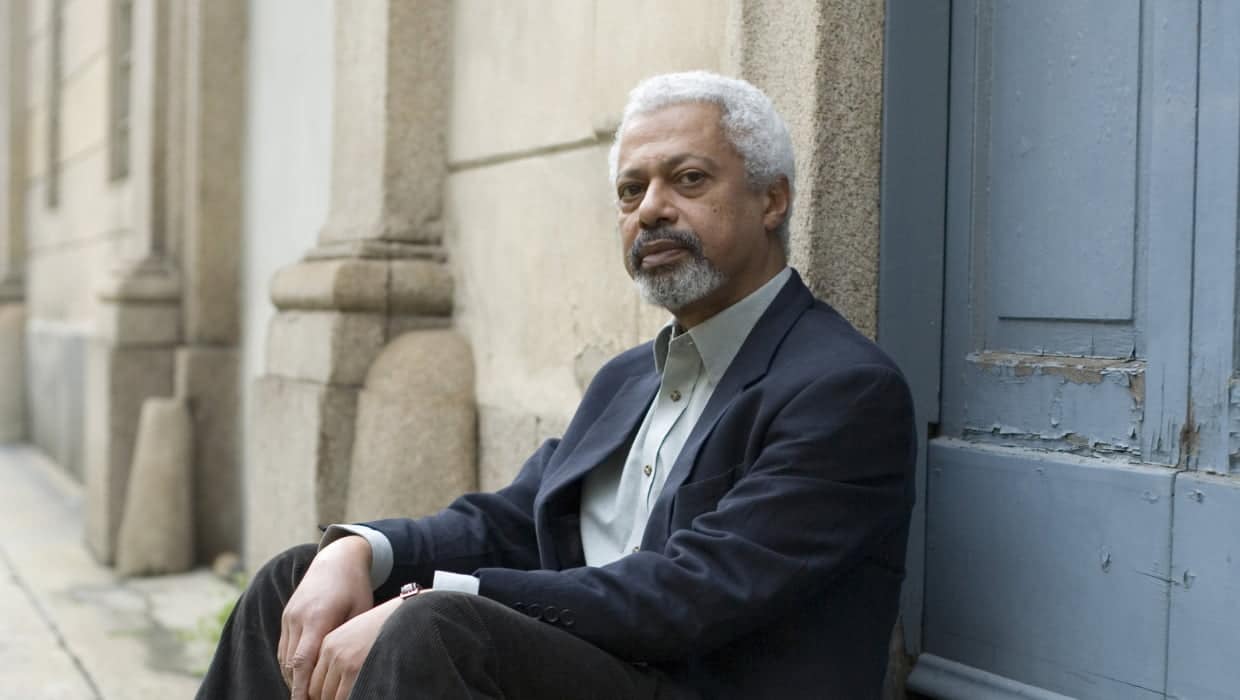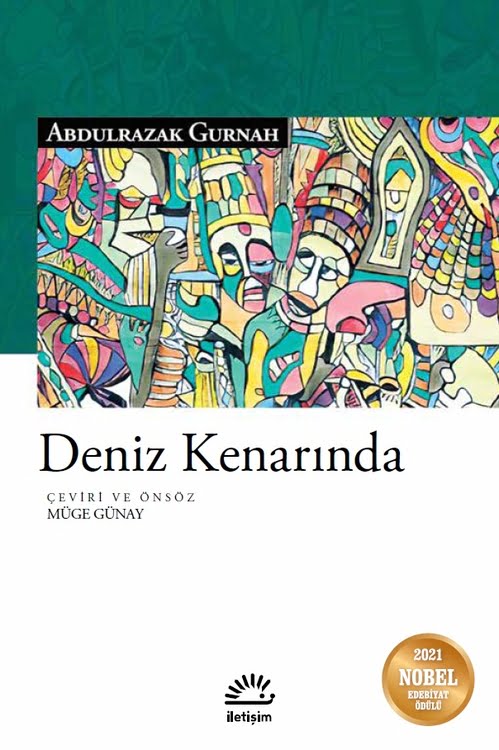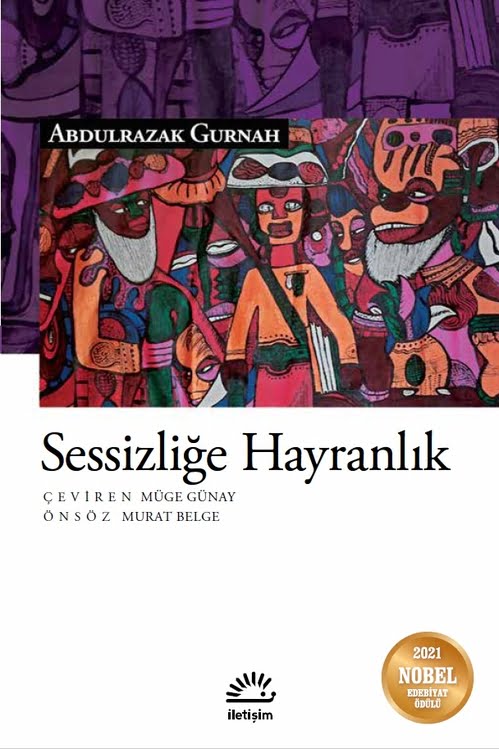Nobel Prize-winning Author Abdulrazzak Gurnah In the Eyes of Translator Müge Günay

The winner of the 2021 Nobel Prize was the Tanzanian-born writer Abdulrazak Gurnah. We listened to Gurnah, who presents a culturally diversified portrait of East Africa to his readers, from Müge Günay, who has translated the author’s books Admiring Silence, By the Sea, The Last Gift and Desertion into Turkish and who knows the author best.

You have translated many of Abdulrazak Gurnah’s books published by Iletişim Publishing. What kind of writer is Gurnah through the eyes of her translator?
Gurnah was born in Zanzibar. He immigrated to England in the late 1960s, and he is also an academician who taught English and postcolonial literature at the University of Kent until his retirement in 2017. In his novels, he has a strong narration that talks about the destruction caused by the colonial period and after, immigration, being a foreigner, homeland and homelessness without a reductive cause-effect relationship, or a single reason and weaves different aspects of these with symbols and layered stories thanks to the narrative possibilities his novel offers him.
Admiring Silence, By the Sea, The Last Gift and Desertion are among the Gurnah books you translated. The translation process of each text is certainly different in itself, but how would you describe Gurnah translation in general?
In Gurnah’s writing, there are many encounters, confrontations, and reckonings with a psychological intensity. In addition, since he is a writer who can keep the distance between humor and irony, it was a difficult and demanding process to give the meaning of the sentence correctly, to choose the right word and to express things in the closest way to his style.
On the other hand, Gurnah does not write with his native language. Do you see any difference as a translator when translating the text of an author who does not write in her/his mother tongue?
Although Gurnah is not a native speaker of English, he is a proficient writer and, in this sense, his language proficiency is no different from any native English-speaking novelist.
How does it feel to be in such a relationship with an author and does Gurnah have a special place for you?
Yes, of course there is. After translating four books by an author, you feel as if you know that author personally. He is an author whose books I can relate to, and I am happy to have translated his seeking for truth and the issues he voiced into Turkish.
What do you think about Gurnah winning the Nobel Prize for Literature? Moreover, he had a very strong candidate like Milan Kundera…
Strong candidates are mentioned every year, but until the winner is announced, no one knows which writers were nominated for the academy and why. Gurnah is a good author who has long been followed by novelists and academicians working on colonialism and Africa and has written important works. With this award, it is of course very pleasing that his contributions to post-colonial literature will reach a wider readership.
Mats Malm, Permanent Secretary of the Swedish Academy, presented the reason why Gurnah received the award as “compassionately addressing the effects of colonialism across cultures and continents and the fate of refugees.” From this point of view, we are curious about your thoughts on the place of Gurnah in postcolonial literature.
Although Gurnah’s novels contain hierarchical positions such as exploiter-exploited and ruler-ruled in terms of the issues they discuss, they are not novels with thesis, which are written to draw the reader’s thoughts in any direction or to show him the right, the wrong, the victim. I think Gurnah became prominent thanks to his two features. First feature is that he is a writer who can reveal the human and humanitarian situations independently of the national-ethnic identity of the characters and by getting rid of the vengeful and angry perspective that we see in some allegorical narratives of post-colonial literature. The second one is that he sees the novel as a means of expressing multidimensional and complex subjects, including their contradictory aspects.






